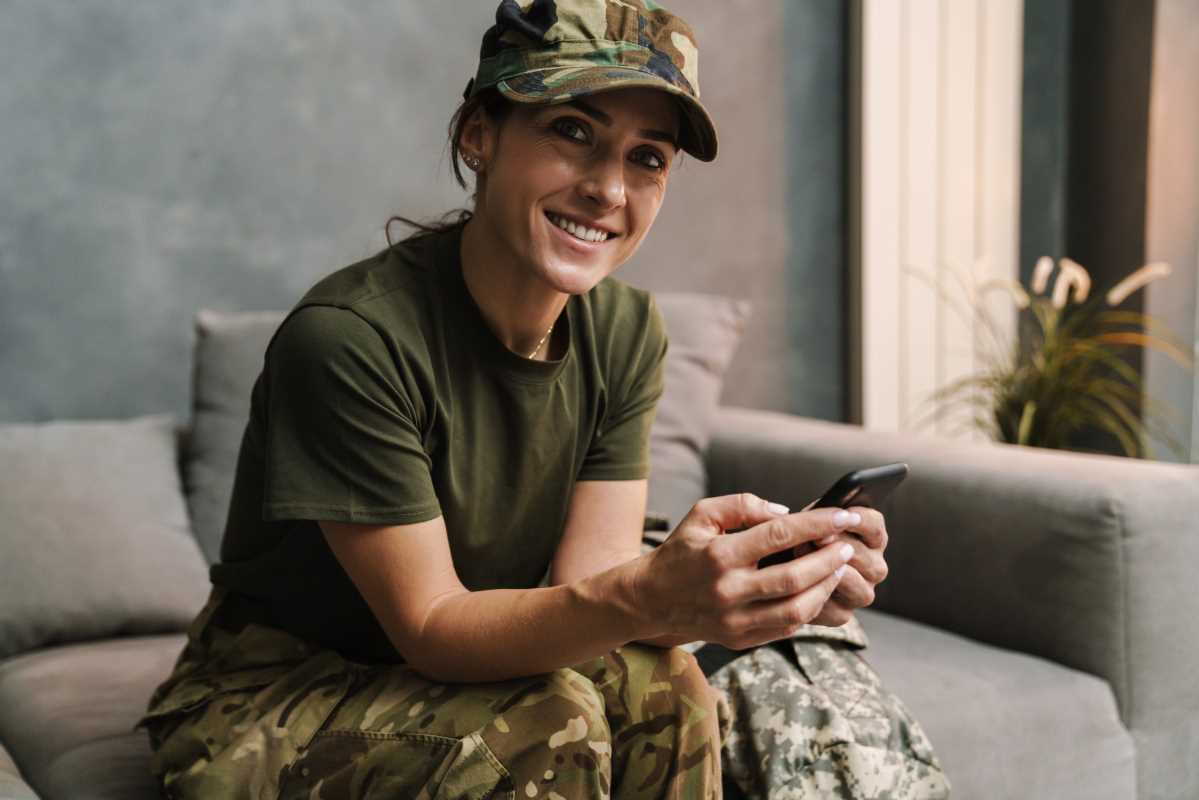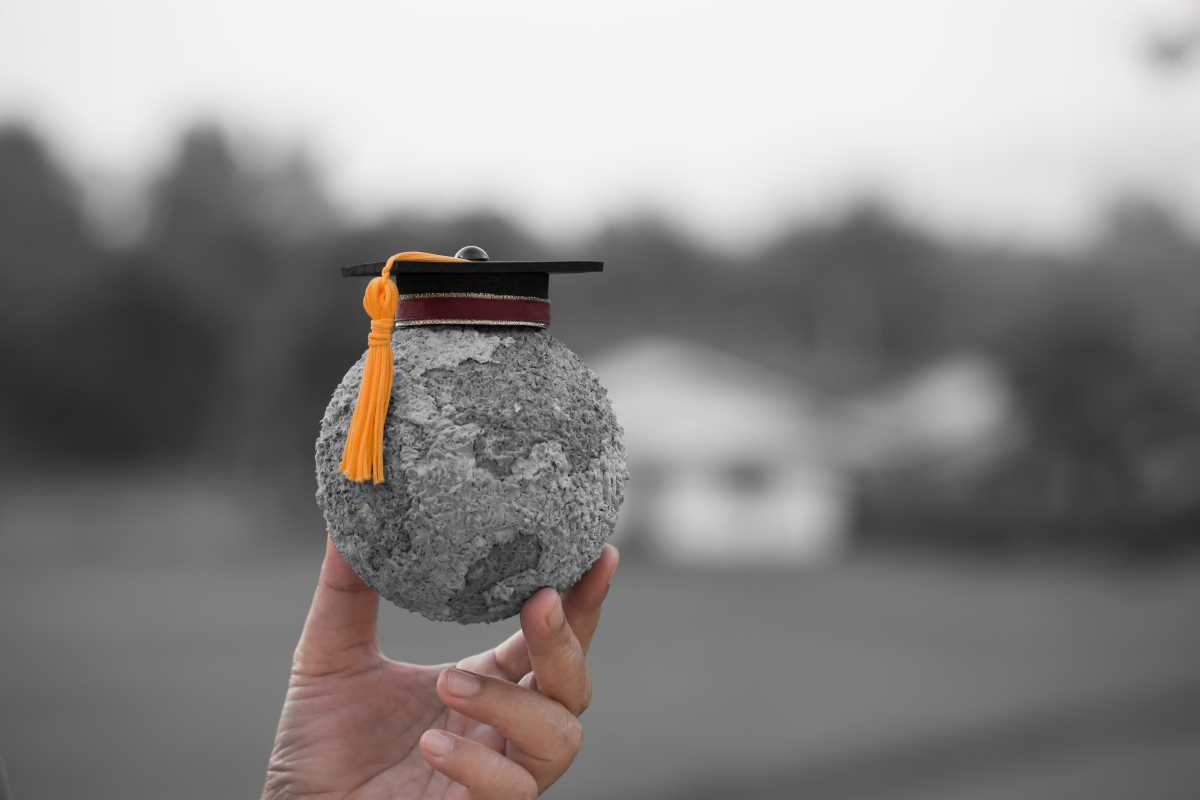A college's website can show you photos of sunny lawns and state-of-the-art buildings. A brochure can tell you about its top-ranked programs and successful alumni. But neither can truly capture the feeling of a campus. A college visit is your opportunity to step beyond the marketing materials and experience a school’s authentic culture, energy, and environment. It is the single best way to determine if a college is not the right school for you, but the best school for you.
Making the most of a campus visit means going beyond the official guided tour. It requires you to become an observer, paying close attention to the details that reveal the true character of the institution.
Before You Go: A Little Preparation Goes a Long Way
While the official campus tour is a great starting point, a truly effective visit involves more than following a guide. Before you arrive, schedule your official tour but also try to arrange a few other key experiences. Contact the admissions office to ask if you can sit in on an introductory class in a subject that interests you. This is one of the best ways to get a feel for the academic environment.
You can also ask if it’s possible to speak with a current student or a professor in your potential major. Many admissions offices are happy to facilitate these connections. A bit of planning can transform your visit from a passive tour into an active investigation.
The Official Tour: Reading Between the Lines
The campus tour is designed to showcase the best a college has to inffer. Your tour guide will be enthusiastic and knowledgeable, and you will see the highlights of the campus. As you walk, listen to what the guide says, but pay even more attention to what you see around you.
Look at the students you pass. Do they seem happy, stressed, collaborative, or engaged? Do you see students studying in groups on the lawn, or is everyone walking alone with headphones on? The general "vibe" of the student body is one of the most important, yet intangible, things you can assess.
Notice the flyers and posters on bulletin boards. These are a direct window into student life. What events are being advertised? Are they for concerts, political debates, volunteer opportunities, or guest lectures? This will tell you what the student body values and how they spend their time outside of class.
Beyond the Tour: Exploring the Academic Core
Your education is the primary reason you are going to college, so it is essential to look closely at the academic environment.
The Classroom and Labs
If you have the chance to sit in on a class, pay attention to the dynamic between the professor and the students. Is it a lecture-based format, or is there active discussion and debate? Do students seem comfortable asking questions and challenging ideas? This will give you a sense of the prevailing teaching style at the institution. Look at the technology in the classrooms. Is it modern and well-maintained?
Try to walk through the main building for your intended major. Are the labs and equipment up-to-date? Are there spaces for students to collaborate on projects? A well-resourced and active academic building is a sign of a strong department.
The Library
The library is the academic heart of a campus. Take a walk through it at different times of the day. Is it a vibrant hub of activity, or is it empty? Look for both quiet study areas and collaborative work zones. A good library accommodates different study styles. The presence of a busy library is a strong indicator of a studious and engaged student body.
Assessing Social and Campus Life
Finding a college where you feel you belong is equally important as finding one with strong academics. Your visit is the perfect time to gauge the social landscape.
The Student Vibe
This is where your observation skills are very important. Sit down in the student center or a campus coffee shop for 30 minutes and watch. What are students talking about? How are they interacting? Do you see a diverse mix of students, and do people from different backgrounds seem to be interacting comfortably? Try to picture yourself in that environment. Does it feel like a community you would want to join?
Student Activities and Involvement
If possible, try to eat a meal in a campus dining hall. This is where you will see student life in its most natural state. Listen to the conversations around you. Look for information about student clubs and organizations. A high level of student involvement in extracurriculars, from sports to the arts to student government, is a sign of a vibrant and connected campus community.
Safety and Well-being
As you walk around, especially in the evening, pay attention to campus safety features. Is the campus well-lit? Do you see emergency call boxes? Ask your tour guide or other students about campus safety services, such as a shuttle system or a safe-walk program. Feeling secure in your environment is fundamental to a positive college experience.
The Practical Realities: Living on Campus
Your campus visit should also include a look at the practical aspects of daily student life.
Housing and Dining
Make sure your tour includes a visit to a typical first-year dorm. Look beyond the staged showroom and try to see a real student's room if possible. Are the rooms and common areas clean and well-maintained? Ask about housing choices for upperclassmen.
As mentioned, eating in a dining hall is a must. How is the food quality and variety? Are there options to accommodate dietary restrictions? Food is a bigger part of the student experience than you might think.
The Surrounding Community
Your life will not be confined to the campus borders. Take some time to explore the town or city where the college is located. Is it a classic "college town" where everything revolves around the university, or is the college a small part of a larger city? Are there coffee shops, restaurants, and stores within walking distance? Think about transportation. If you don't plan to have a car, how easy is it to get around and access what you need?
The Most Important Question: Talk to Students
Tour guides are trained to give you a positive impression. For a more candid perspective, take the opportunity to speak with other students. A simple, polite question like, "Hi, I'm a prospective student. Would you mind if I asked you a quick question?" can open the door to valuable insights.
Ask them what they love most about their school and what they would change if they could. Ask them about their favorite class or professor. Their unscripted answers will often be the most revealing information you gather all day.
 (Image via
(Image via





